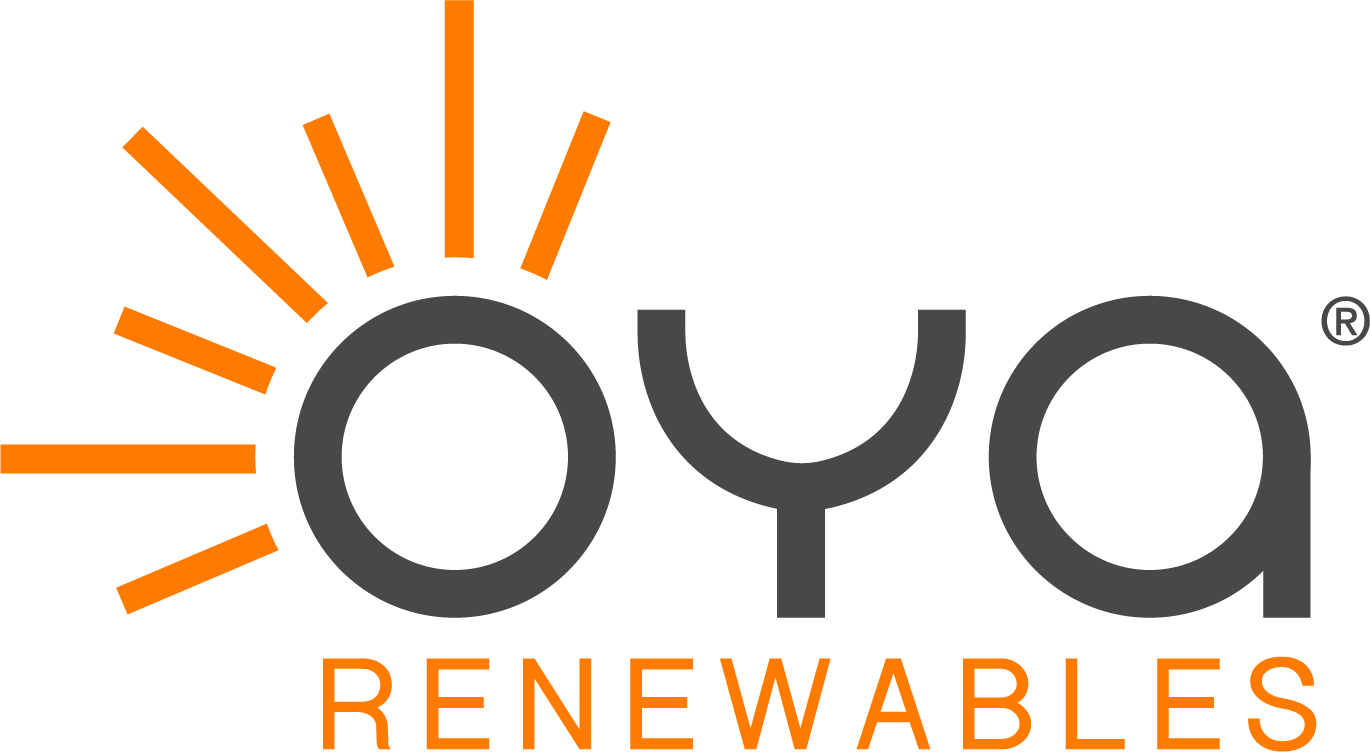Ukraine is seeking up to $40 billion for a “Green Marshall Plan” to rebuild its economy1. The first focus of reconstruction will be the iron and steel industry, with the aim of building a green steel industry driven by renewable energy. Ukraine plans to become the world’s cheapest supplier of green steel and supports Europe’s decarbonization efforts. Funding for reconstruction will come from a mix of sources, including export credit agencies, concessional funding, equity, EU transition funding, and private sector loans.
Key Points
- Ukraine is seeking up to $40 billion for a “Green Marshall Plan” to rebuild its economy.
- The first focus of reconstruction will be the iron and steel industry.
- Ukraine aims to build a 50 million tonnes green steel industry driven by renewable energy.
- Rebuilding the steel industry will allow Ukraine to become the world’s cheapest supplier of green steel and support Europe’s decarbonization efforts.
- Funding for reconstruction will come from export credit agencies, concessional funding, equity, EU transition funding, and private sector loans.
- Preparatory work for the reconstruction is expected to take 1-1/2 years.
- The private sector’s involvement and NATO security guarantee are crucial for Ukraine’s reconstruction.
Impact on the Renewable Energy Sector
Ukraine’s $40 billion deal for the “Green Marshall Plan” is beneficial for the renewable energy industry due to the following reasons:
- Boosting Renewable Energy Sector: The deal aims to rebuild Ukraine’s economy with a focus on the iron and steel industry, driven by renewable energy. This presents a significant opportunity to develop a robust green steel industry, leveraging renewable energy sources such as wind, solar, nuclear, and hydropower. This development will contribute to the expansion of the renewable energy sector in Ukraine.
- Green Steel Production: By rebuilding the iron and steel industry with a green focus, Ukraine aims to become the world’s cheapest supplier of green steel. This endeavor aligns with the growing global demand for sustainable materials, providing an advantage for the renewable energy industry by creating a market for green steel products.
- Decarbonization Support: Ukraine’s commitment to building a green steel industry aligns with Europe’s efforts to decarbonize its economy. As a major supporter of Europe’s decarbonization goals, Ukraine’s investment in renewable energy-driven steel production contributes to the reduction of carbon emissions in the region. This collaboration strengthens the renewable energy industry’s position and supports its growth.
- Investment Opportunities: The $40 billion funding for the “Green Marshall Plan” presents significant investment opportunities in the renewable energy sector. These funds will be utilized to finance projects focused on renewable energy infrastructure, technology advancements, and sustainable initiatives. This influx of investment will spur innovation and attract further interest from private sector investors, leading to the expansion and development of renewable energy projects.
- International Cooperation: The implementation of the “Green Marshall Plan” involves collaboration between Ukraine, Britain, and other external stakeholders. This international cooperation facilitates knowledge sharing, technology transfer, and best practices in the renewable energy industry. By leveraging global expertise and resources, the plan can accelerate the growth and development of renewable energy in Ukraine.
In summary, Ukraine’s $40 billion deal for the “Green Marshall Plan” is beneficial for the renewable energy industry as it boosts the renewable energy sector, promotes green steel production, supports decarbonization efforts, creates investment opportunities, and fosters international cooperation. This comprehensive approach contributes to the growth and sustainability of the renewable energy industry in Ukraine and beyond.

